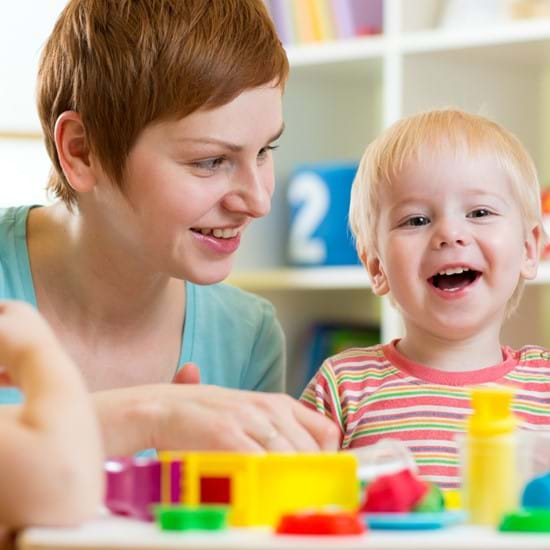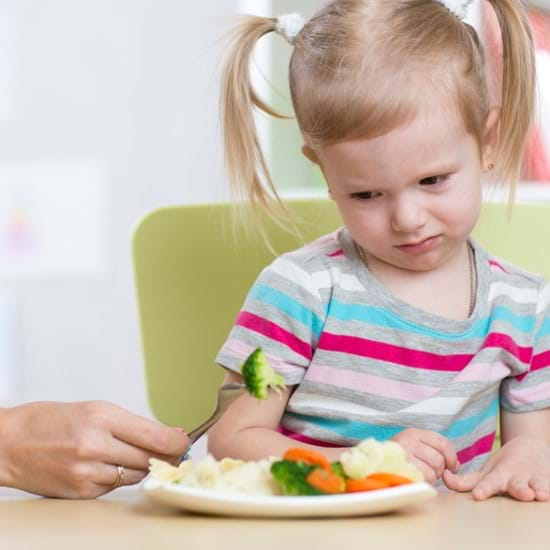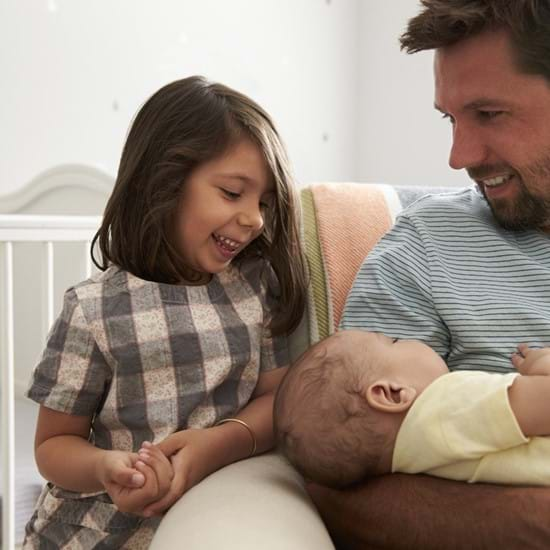
Helping a Child with Social Anxiety Disorder

Written by: Nanny Secours
Shyness is a universal experience. So does that mean social anxiety disorder is no big deal? Not really. There’s a distinction to be made here. Shyness and social anxiety are two different things. Shyness is a normal experience, but anxiety can be a source of tremendous suffering for the child and can pervade the entire family.
Social anxiety or just shyness?
If your child experiences bouts of shyness now and again but manages with your support to get past their fear, don’t worry. They don’t have social anxiety. A little shyness can be a good thing, with strangers for example.
Case study: Roxanne has social anxiety
Roxanne* is a great kid. Left to her own devices, she’s cheerful, fun, and has lots of imagination. But put her in front people she doesn’t know or in the classroom, and she’s a whole different kid.
She’s worried about what other people are thinking. She’s afraid she’ll make a mistake or stammer. She freezes. She’ll do anything to avoid situations where there are lots of people. Roxanne has social anxiety. This goes beyond shyness: Social activities like friends’ birthday parties, that should make her happy, poison her life. She gets stomach aches and has full-on meltdowns (tears, temper tantrums, you name it).
Social anxiety disorder: Symptoms, signs, causes, consequences
If your child manages to overcome their fears and takes pride in that, keep up the good work.
If, however, your child’s anxiety starts to colour your family’s daily life, it may be time to seek help, particularly if they:
- Experience emotions, worries, or physical signs and symptoms that are out of proportion
- Avoid certain social situations
- Suffer tremendously because of something specific
“Social anxiety disorder (sometimes called social phobia) is a condition that makes children and young people very anxious or worried in many ordinary situations. Studies indicate that approximately 1 out of 20 young people suffers from social anxiety disorder.”
What causes social anxiety?
Factors predisposing children to social anxiety fall into two main categories:
- Genetic factors: Children who have one or more family members with social anxiety are at higher risk.
- Life experiences: Bad social experiences, pressure to succeed, overprotective adults, trauma, and so forth can trigger social anxiety.
It’s also important to be aware that social media can be a factor in social anxiety, particularly for teenagers. Fear of being made fun of or bullied by peers is part of many young people’s day-to-day reality.
What are the consequences of social anxiety?
Every aspect of a child’s life can be affected.
At school, for example, a kid who’s afraid of making mistakes or being teased might:
- Have trouble following teachers’ explanations
- Be afraid to ask questions
- Be upset during tests or exams
Children who feel bad when there are more than a few people around might:
- Not go to gatherings of young people
- Withdraw in the schoolyard
At home, they might:
- Have meltdowns
- Hide in their room when visitors come over
- Refuse to play with kids their own age
- Demand constant attention
As you can imagine from the above, social anxiety can affect a child’s development, educational achievement, socialization, behavior, family life, and more.
How to help and support a child with social anxiety disorder
If you notice signs and symptoms of social anxiety in your child, you can help them manage their condition by:
- Staying calm and breathing together
- Getting them to put their feelings and circumstances into words
- Asking them to tell you about a time they managed to overcome their fear
- Coaching them about overcoming their fears
- Encouraging them to do something physical
- Being supportive, but not overprotective
Remember that your child learns by watching what you do. If you tend to avoid certain social situations because of anxiety, that’s what you’re modeling. Check out these 7 tips (in French) for helping out an anxious child.
When and where to seek help if your child has social anxiety
If you feel you need help to support your child and help them manage things better, a family coach can help. If however what’s going on is causing distress for your child or you, see a healthcare professional.
How’s Roxanne doing now?
Roxanne has, with professional help, developed some ways to calm herself down. Her parents too got lots of advice on how to help her. She’s figured out that she can overcome her challenges, one step at a time. With each success, she’s become more self-confident. She understands that fear is an enemy she can beat.
If your child, like Roxanne, has social anxiety that persists despite all your support, take the next step and see a healthcare professional as soon as possible.
Fortunately, with persistence and the right help, things can get better. By learning to face their fears, children develop skills and attitudes that will serve them for the rest of their lives.
Marie-Claude Dubois, Bachelor in Educational Psychology
Member of Réseau Nanny secours
*Not her real name.


